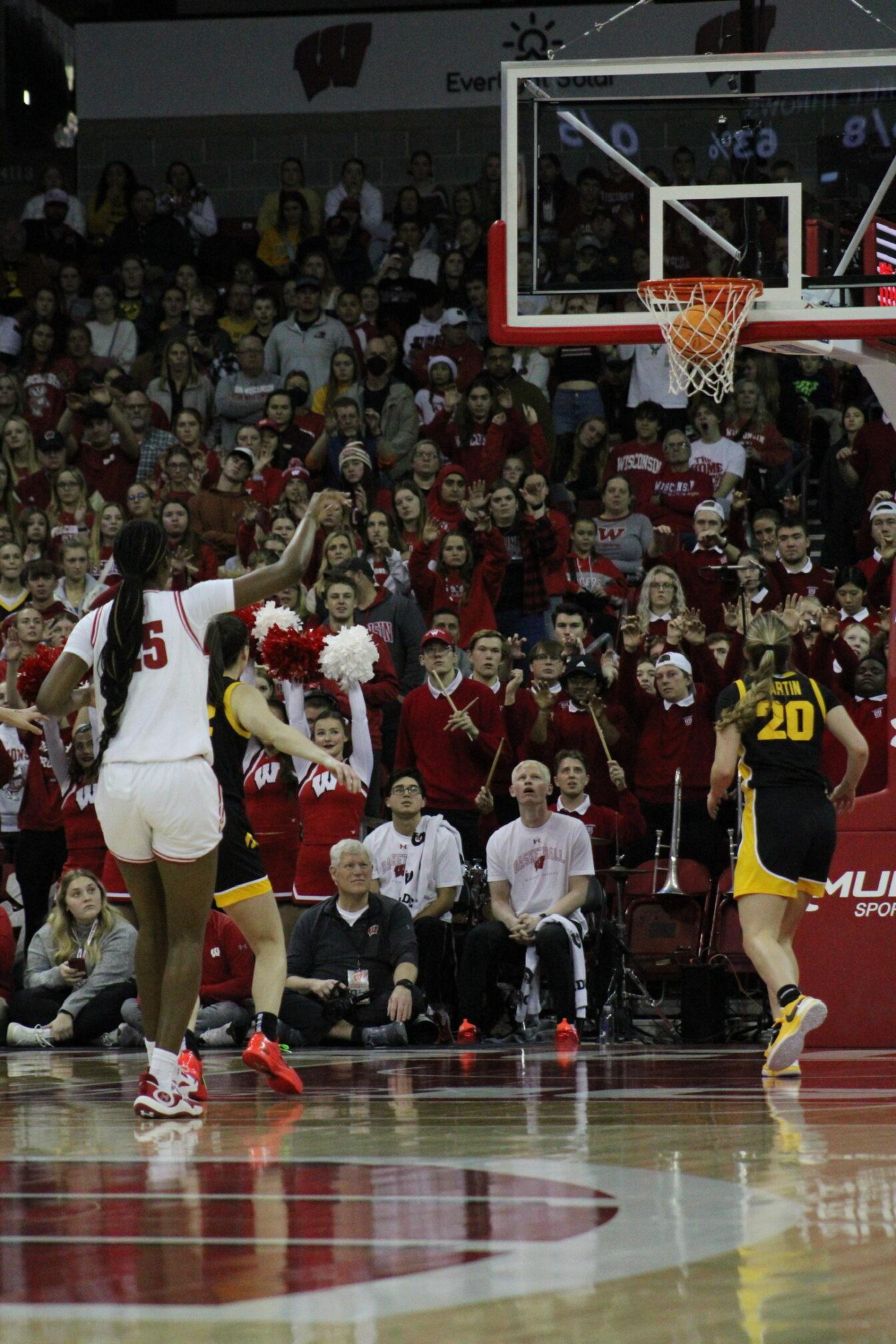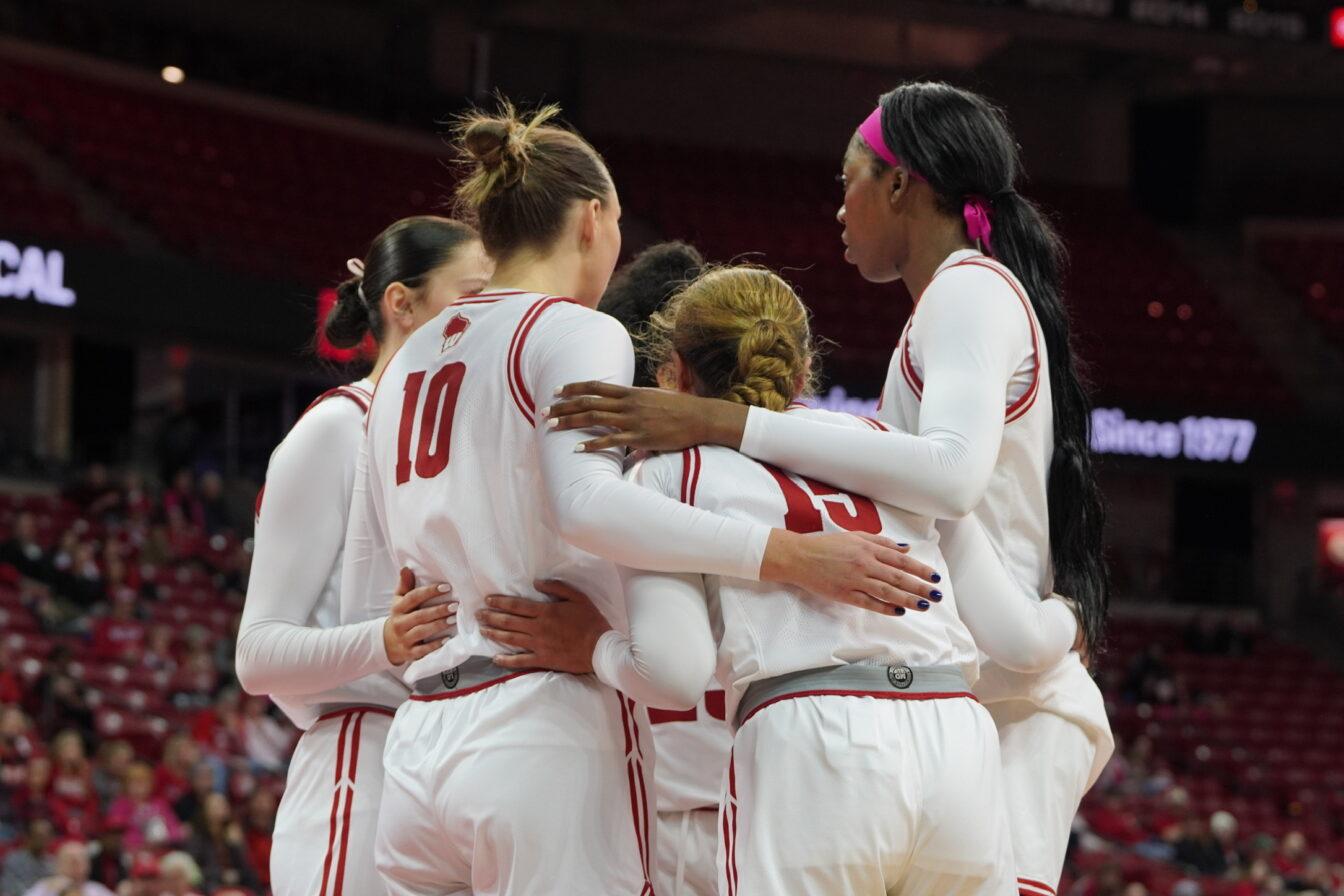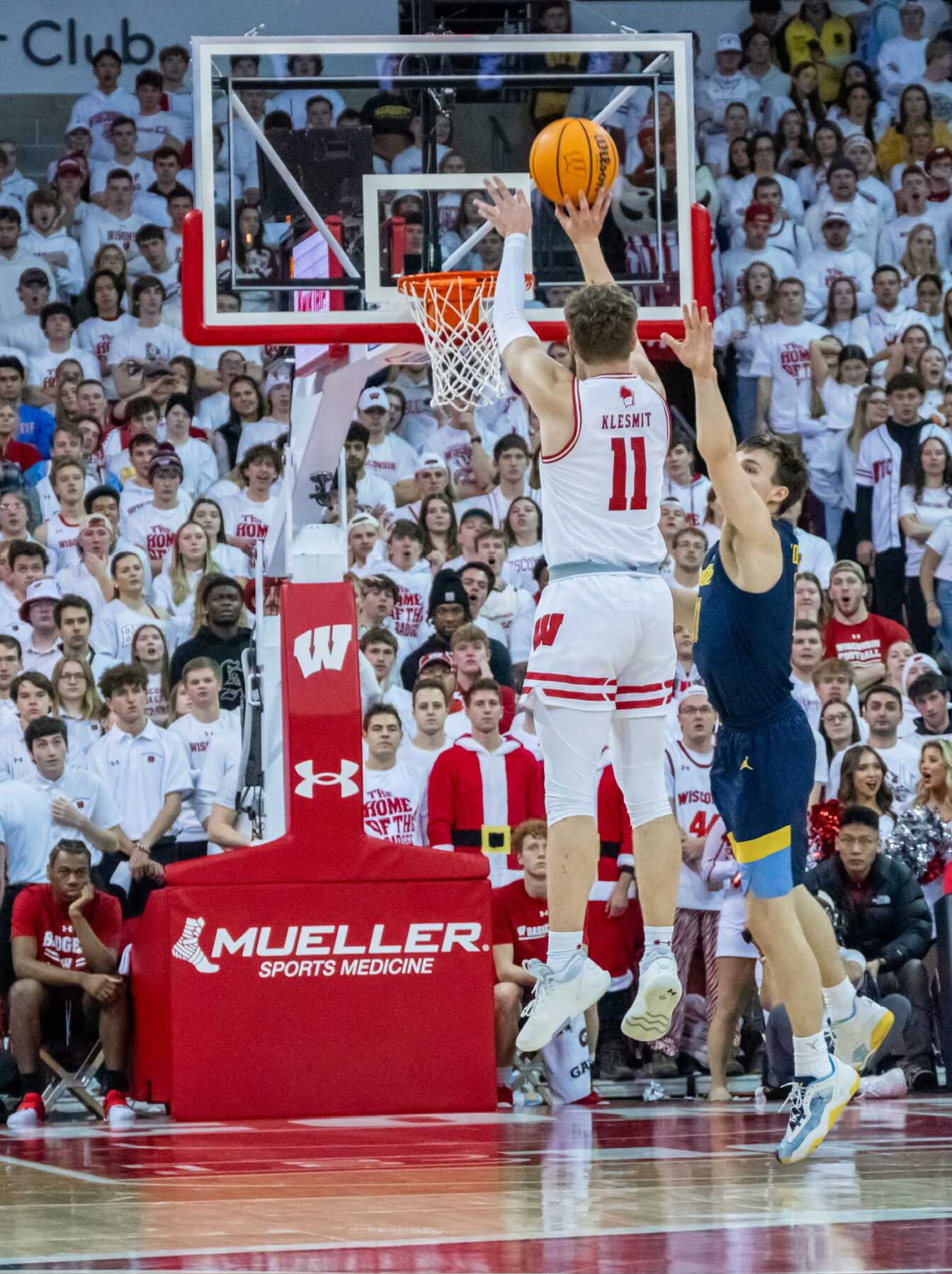The other night, someone here at the Herald asked me about the results of the Final Four women’s basketball games, and without even watching the games or seeing any of the scores, I replied, “I assume Connecticut and Tennessee.”
After my comment, I did actually check out the scores, and sure enough, I had successfully predicted which two teams would be playing for the 2003 NCAA Championship. After thinking about this for a while, it struck me that my prediction was somewhat disheartening; the fact that I could pick the winners that easily and that automatically is not a good sign.
The reason I could pick these two teams was definitely not because I know everything there is to know about women’s basketball; the reason I knew is because this has been a popular trend for the past 10 championships.
Including the championship game last night, Connecticut or Tennessee has won seven out of the last 10 national titles. And of those past 10 years, there were only two years in which neither of these perennial powerhouses made an appearance in the Final Four.
At first, when these two teams began to build their respective empires, I thought it was good for women’s basketball. People were starting to pay more attention to the sport because of the epic battles between the two teams and the phenomenal play of Rebecca Lobo and Chamique Holdsclaw. Everyone circled the date when Pat Summitt’s Lady Volunteers would take on Geno Auriemma’s Huskies. I myself was one of those fans, as I had a drawer full of Connecticut gear and loved to watch former point guard Jen Rizzotti play.
These games were guaranteed to be outstanding basketball to watch, and the outcome of the games could often times predict which team would win the NCAA title that year.
Now, after seeing how this trend has continued, I stop to wonder if this is really what women’s basketball needs anymore.
The sport has created a strong enough fan base, and more and more people are paying attention to the game, but is that going to hold true if the same two teams continue to dominate play as they have for the last decade?
I don’t think so.
Basketball is not necessarily that exciting if fans can predict the outcome of almost any game and the entire NCAA tournament.
The best part about watching the men’s tournament is, without a doubt, filling out a bracket and guessing where the upsets will be. I mean, honestly, how many people really picked Syracuse to win the title except for people who live in New York? In the women’s tournament, this is not really applicable, as there are few to no major upsets every year, and that is just not exciting.
With the same teams winning year in and year out, it is hard to really get totally excited about women’s basketball come tournament time unless you are a Huskie or Lady Vol fan.
I am not saying these two fine programs need to be dismantled, but there needs to be something done to increase the parity in women’s basketball.
In addition to the perennial dominance of the teams mentioned above, what is even more disturbing is looking back at the final records of the national champions in the past 10 years. Those teams have only lost an average of 2.2 games per year. This number is even fairly inaccurate based on the fact that Tennessee won the title in 1997 with a record of 29-10. Not counting that year, the average number of losses for the team winning the national championship in the past 10 years would be more like 1.2 losses per year.
What’s even more impressive is that three times in the past 10 years, Connecticut in 1995 and 2002 and Tennessee in 1998, there have been teams that have gone undefeated en route to the national title.
It is not often that teams go undefeated in the men’s game, and it is a regular occurrence that a No. 12 seed can and will beat a No. 5 seed.
This is not happening in the women’s game, and that is a problem. Teams need to become more competitive and have a chance at beating the national powerhouses. There shouldn’t be teams going through the season undefeated on a regular basis, and there shouldn’t be an expectation there that they will.
Teams should move up and down in the polls and beat up on each other when they face each other in non-conference or conference matchups.
Women’s basketball should not be predictable; there should be some powers like Duke, Kansas and North Carolina in the men’s game, but it shouldn’t be a foregone conclusion that these teams will win the national title at least 70 percent of the time.
Bottom line is, women’s basketball needs to become more competitive, and if this doesn’t happen, the growth of the sport will be stunted. If this does not happen, the sport will not get the chance to blossom to the point where all NCAA tournament games will have enough fans to be held at neutral sites like the Metrodome.







